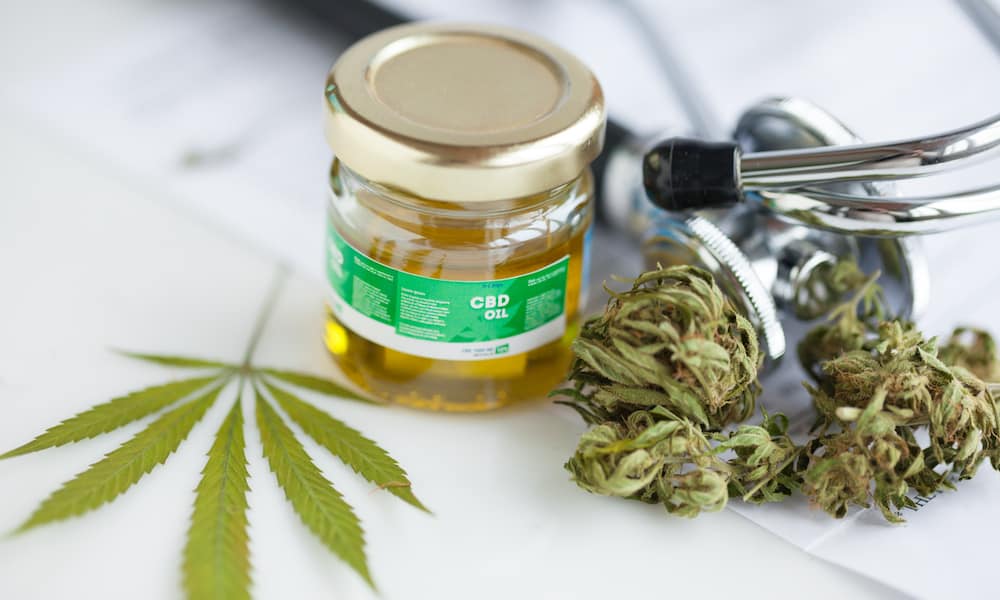
The state Board of Health said Wednesday it will meet “as soon as possible” to reconsider its medical marijuana rules after the attorney general’s office advised it overstepped.
Timothy Starkey, president of the Board of Health, released a statement thanking Attorney General Mike Hunter for his office’s quick work. He said the board will hold a special meeting to consider changes to its regulations when staff at the Oklahoma State Department of Health can prepare new language.
“The Board of Health will call a special meeting to consider these changes as soon as possible,” Starkey said in a news release. “The Oklahoma State Health Department staff has done an incredible job to prepare for implementation of this program and we want to make sure they have clear direction to meet the deadlines outlined in the state question and administer this new program.”
They’ll have to work quickly. The Health Department must have applications for medical marijuana licenses available by July 26, and be ready to accept completed paperwork by Aug. 25.
Gov. Mary Fallin, who signed the regulations on July 11, blamed the tight turnaround for some of the difficulties with implementing the rules. She called for the board to rescind two last-minute amendments and said her legal staff continues to analyze other points the attorney general raised.
“I want Oklahomans to know that dedicated state employees are working hard to put a process in place that will provide a medical framework with public health and safety as the main priority,” she said in a statement. “It is unfortunate there was not more consideration given by proponents of SQ 788 as to how challenging it is to place such a quick turnaround on a very complicated subject. However, the state will carry out the responsibility of administering this law.”
Tom Bates, interim commissioner of the Health Department, had asked Hunter’s office for advice after two groups sued the department over rules the board passed on July 10. While a letter that Hunter sent to Bates on Wednesday appears to bolster one of the plaintiffs’ arguments, that the board overstepped its authority, it isn’t clear if the issue is resolved.
Ron Durbin, a Tulsa lawyer representing pro-marijuana group Green the Vote, said Hunter’s letter is a good “first step,” but expressed skepticism that the board will comply.
“The Board of the Oklahoma Department of Health has shown again and again its willingness to circumvent the constitutionally protected rights of the citizens of the State of Oklahoma to create law through initiative petition,” Durbin said in a news release. “The Plaintiffs have no faith that the Board of the Oklahoma Department of Health will not once again feign willingness to do what is right while simultaneously stabbing the people of this great state in the back.”
The regulations likely would have been controversial under any circumstances, and a draft attracted more than 1,000 comments. Marijuana supporters became increasingly vocal, however, after the board voted to add two last-minute amendments July 10, which banned the sale of smokable marijuana and required dispensaries to employ a pharmacist.
Both amendments went beyond the authority State Question 788 gives the board, Hunter said in his letter to Bates. The state question’s language included the right to “consume” marijuana, which voters would understand to include smoking, and limited the board to passing food and safety standards, along the lines of what they do for restaurants, he said.
“Although I didn’t support State Question 788, the people of the state have spoken and I have a legal duty to honor the decision made by the electorate,” Hunter said in a news release.
That rules out requiring a pharmacist, Hunter said, and it raises questions about several of the board’s other regulations, like forbidding dispensaries to share space with other businesses; requiring enclosed structures for all marijuana growth and processing; limiting the hours dispensaries can operate; and capping the concentration of tetrahydrocannabinol, or THC, the psychoactive chemical in marijuana.
“Nowhere does the text of SQ 788 expressly or impliedly authorize these regulations,” Hunter’s letter said.
The attorney general’s advice follows more than a week of frenzied activity surrounding the regulations. A coalition of medical groups held a news conference to push for amendments to proposed regulations on July 9. The board voted to pass regulations prepared by department staff on July 10, and added the amendments to forbid smoking and require pharmacist involvement over the objections of its general counsel. Two lawsuits challenging the regulations followed Friday. That same day, the Health Department’s general counsel resigned. On Tuesday, she was charged with creating false evidence when she allegedly sent threatening emails to herself.
Hunter’s letter leaves several points unresolved. Rachel Bussett, an Oklahoma City attorney who is representing eight plaintiffs who filed a lawsuit in Cleveland County, said they were “very happy” with the decision from the attorney general Wednesday, but will continue to fight “until everything is done properly.”









